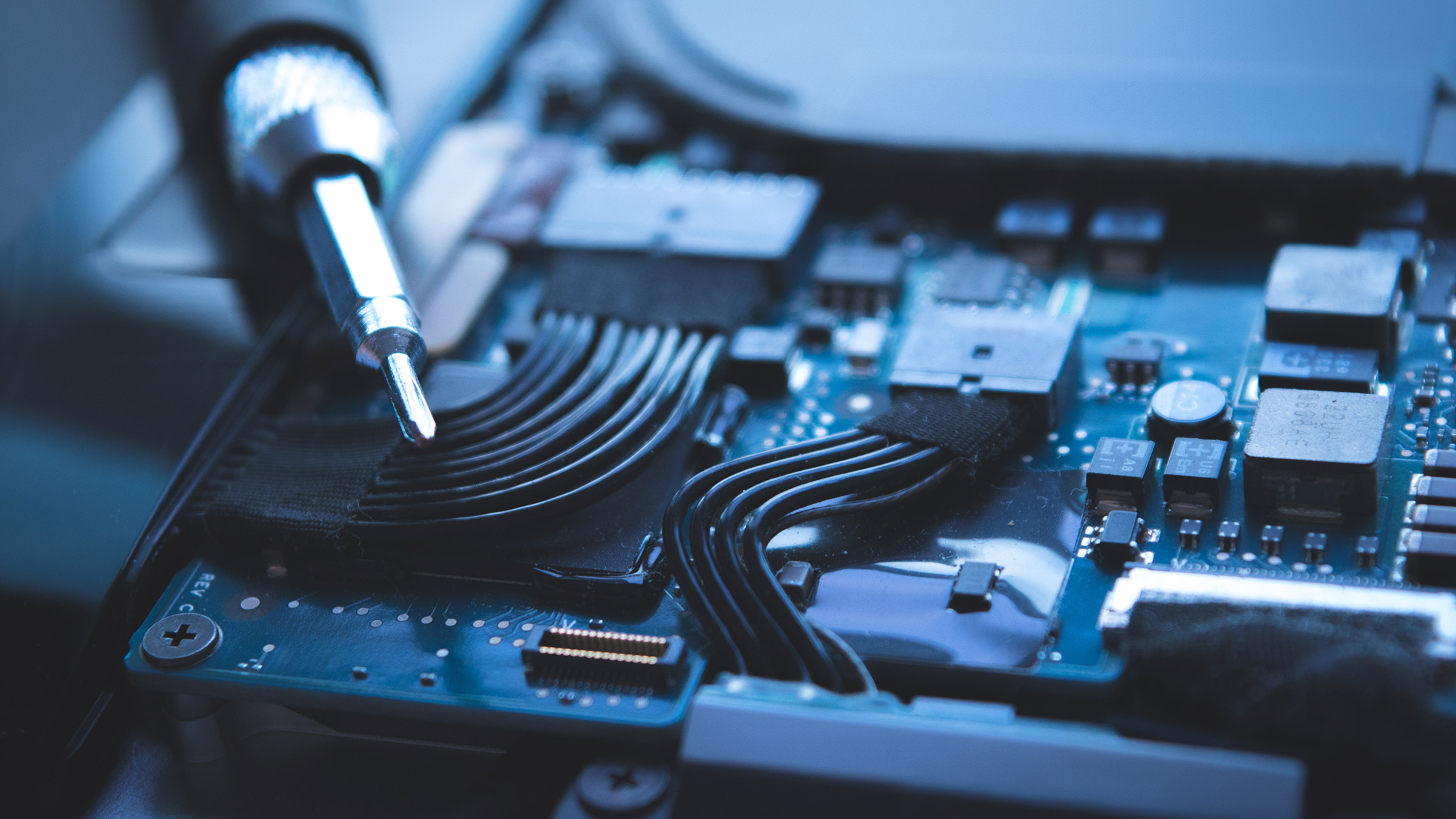China overcomes US and wins research crown at global conference on electronic integrated circuits (“chips”)
The team of University of Macau, in China, is led by Professor Rui Martins, a DEEC Professor on special leave, and comprises about three dozen academics

The University of Macau and Tsinghua University of Beijing are among the leading academic institutions in semiconductor research in China. © Reuters
In Tokyo, China presented the largest number of research papers accepted at the most prestigious international scientific conference focused on semiconductors, highlighting the country's growing presence in this field and placing the USA in second place.
This is the first time that China ranks first in papers accepted by the International Solid-State Circuits Conference (ISSCC), considered the Olympics of the semiconductor sector. This annual event will take place next year, in February, in San Francisco, California, United States.
Universities and companies from China, including Hong Kong and Macau, submitted 59 papers, 29.8% of all the 198 research papers accepted by the ISSCC for the 2023 event. In the previous conference, held in February this year, 29 papers from China were accepted, 14.5% of the total. ISSCC also accepted 40 papers from the USA, dropping the country from first to second this year, for the first time in 70 editions of the conference. The participation of the United States in terms of accepted articles dropped from 35% to 20.2%. South Korea was third and Taiwan fourth, while Japan and the Netherlands tied for fifth.
Universities in China, Hong Kong and Macao are currently conducting advanced semiconductor research. The University of Macau had 15 papers accepted, while Tsinghua University of Beijing and Peking University produced 13 and 6 papers, respectively. On the other hand, TU Delft in the Netherlands produced 9 while KAIST in South Korea had 8 items accepted. Among companies, Samsung Electronics led with eight articles, followed by Intel with six. Taiwan Semiconductor Manufacturing Co. (TSMC), the world's largest chipmaker, has submitted only two documents that have been accepted by the ISSCC. Japanese researchers wrote 10 papers selected by the ISSCC, bringing the country's share from 3.5% to 5.1%. The Tokyo Institute of Technology (TIT) produced four of them.
The team from the University of Macau that worked on the 15 accepted works comprises around three dozen academics and doctoral students from the Reference Laboratory: State Key Laboratory of Analog and Mixed-Signal VLSI, led by Prof. Rui Martins, who has lived in Macau for three decades and is on special leave from the Department of Electrical and Computer Engineering, Instituto Superior Técnico, University of Lisbon, Portugal.
[Revised text from the English version of an article written by YUKI OKOSHI, Nikkei Asia Team Writer, on Nov 18, 2022 01:32 JST]
